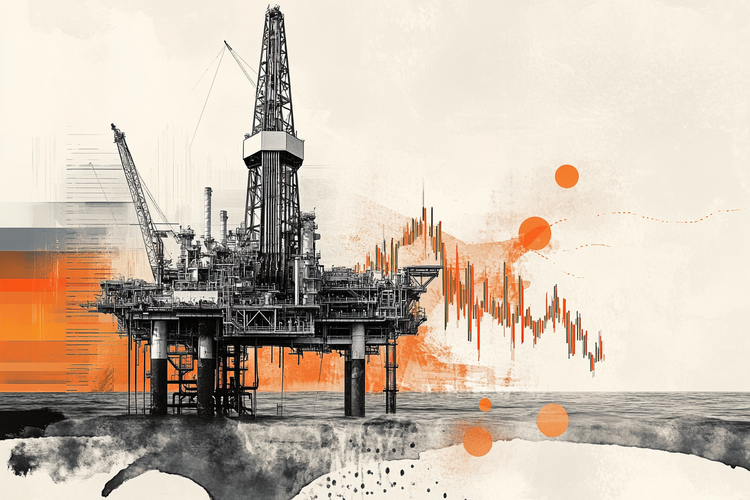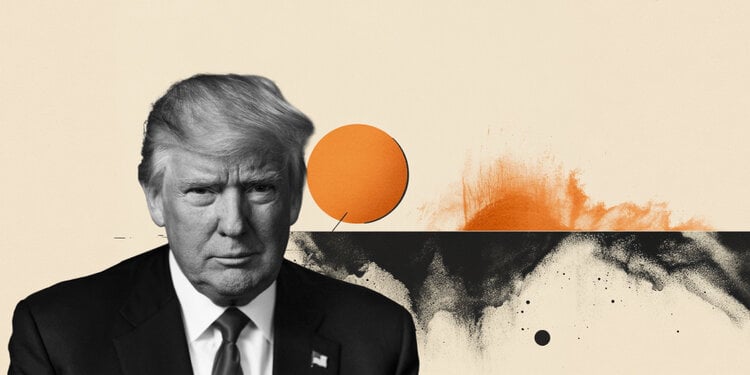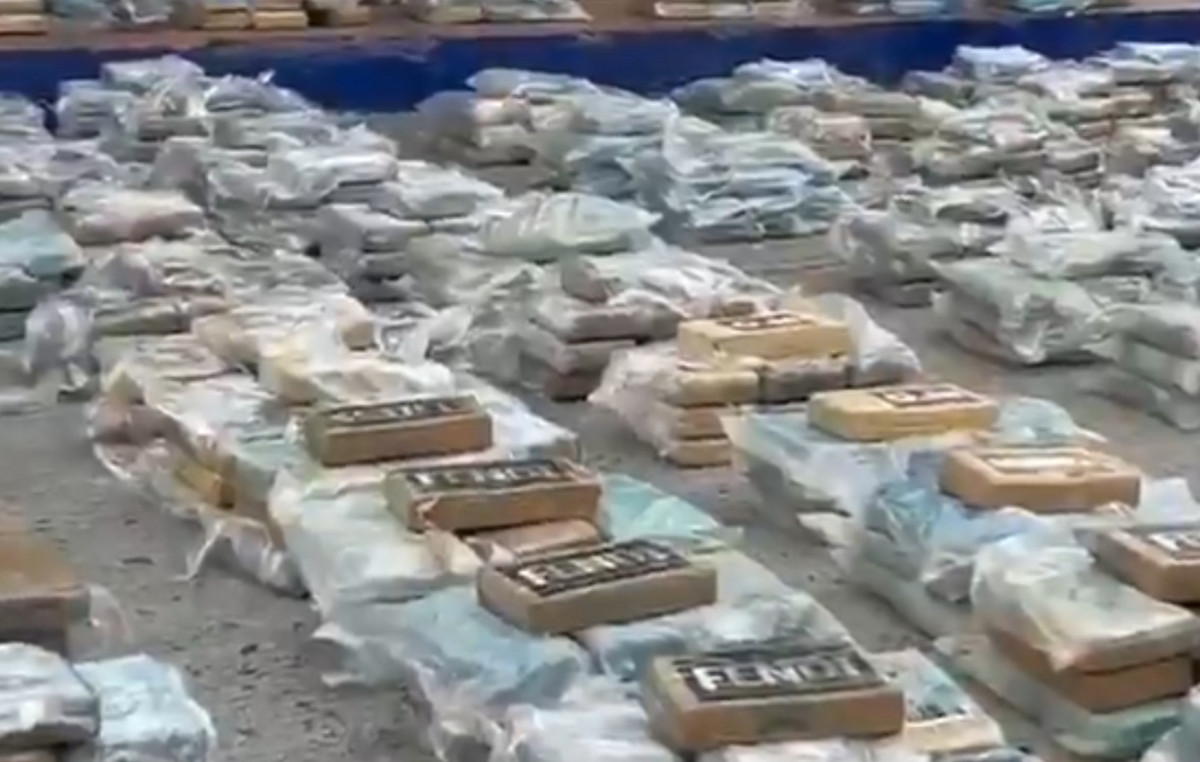A federal judge in Mexico City suspended the extradition of Joaquin “El Chapo” Guzmán’s son, Ovidio Guzmán, to the United States on Friday (6), a day after he was arrested in an intense operation in northern Mexico. Mexico that led to the deaths of 29 people.
The United States is seeking Guzmán’s extradition on drug charges and has offered up to $5 million for information leading to the capture of the man it says is “a senior member of the Sinaloa Cartel.”
On Thursday (5), the Minister of Foreign Affairs of Mexico, Marcelo Ebrard, confirmed that there is an arrest warrant in the United States dated September 19, 2019, but said that the possible extradition of Guzmán would not be immediate due to the legal formalities.
He also stated that Guzmán has ongoing legal proceedings in Mexico.
According to the Televisa network and other Mexican media, another federal judge later ordered Guzmán to remain in 60 days of pretrial detention for extradition purposes following a hearing at the Altiplano maximum security federal prison, where he is being held.
THE CNN requested a response from Guzmán’s defense, but has yet to receive a response.
Prison Break
Guzmán’s father, “El Chapo”, escaped from Altiplano prison on July 11, 2015 through a mile-long tunnel that featured a motorcycle on the tracks. He was later captured and convicted in the United States.
Ovidio Guzmán was previously arrested by federal authorities in October 2019, but was released on the orders of President Andrés Manuel López Obrador to avoid further bloodshed.
His latest arrest comes days before US President Joe Biden and Canadian Prime Minister Justin Trudeau visit Mexico City to attend the Summit of North American Leaders.
Capturing Guzmán could be a way for López Obrador to show the United States that he is “in control of the military and the security situation in Mexico,” Gladys McCormick, an associate professor at Syracuse University who focuses on Mexico-US relations, told the CNN in an email.
“It also neutralizes the power behind any call by the Biden administration to stem the tide of fentanyl and other narcotics across the border,” she added.
At a press conference on Friday, López Obrador denied that Guzmán’s arrest was linked to Biden’s arrival, saying Mexican authorities acted autonomously.
“As regards interpretations, there are many, we do not share them, we act with autonomy”, said the Mexican president.
violent consequences
After Guzmán’s arrest in Culiacán on Thursday, chaos broke out in the city. Authorities urged citizens to take refuge due to clashes in several areas.
His arrest was the result of a lengthy operation involving 200 special forces, Defense Minister Luis Cresencio Sandoval said on Friday.
At least 19 suspected gang members and 10 military personnel died during violent clashes in Mexico’s northern state of Sinaloa after authorities arrested Guzmán and 21 others. No civilian deaths or injuries were reported.
Security at the Altiplano prison has increased since Guzmán was detained, the minister added.
The president said later on Friday that the city was calmer and authorities were working to clear the roads.
“In Culiacán, we opened all the blocked roads and we are working on removing the vehicles that are along the streets,” said López Obrador.
The state of Sinaloa, where Culiacán is located, is home to one of the most powerful drug trafficking organizations in the world, the Sinaloa Cartel, of which “El Chapo” was the leader.
The US State Department wrote that Guzmán and his brother, Joaquín Guzmán-López, “inherited a large portion of the narcotic’s revenue” after the death of another brother, Edgar Guzmán-López.
They “began to invest large sums of money in buying marijuana in Mexico and cocaine in Colombia. They also purchased large doses of ephedrine from Argentina and arranged to smuggle the product into Mexico when they experimented with methamphetamine production,” the State Department said.
The brothers are also accused of overseeing about 11 “methamphetamine labs in the state of Sinaloa,” says the State Department.
Source: CNN Brasil
Bruce Belcher is a seasoned author with over 5 years of experience in world news. He writes for online news websites and provides in-depth analysis on the world stock market. Bruce is known for his insightful perspectives and commitment to keeping the public informed.







